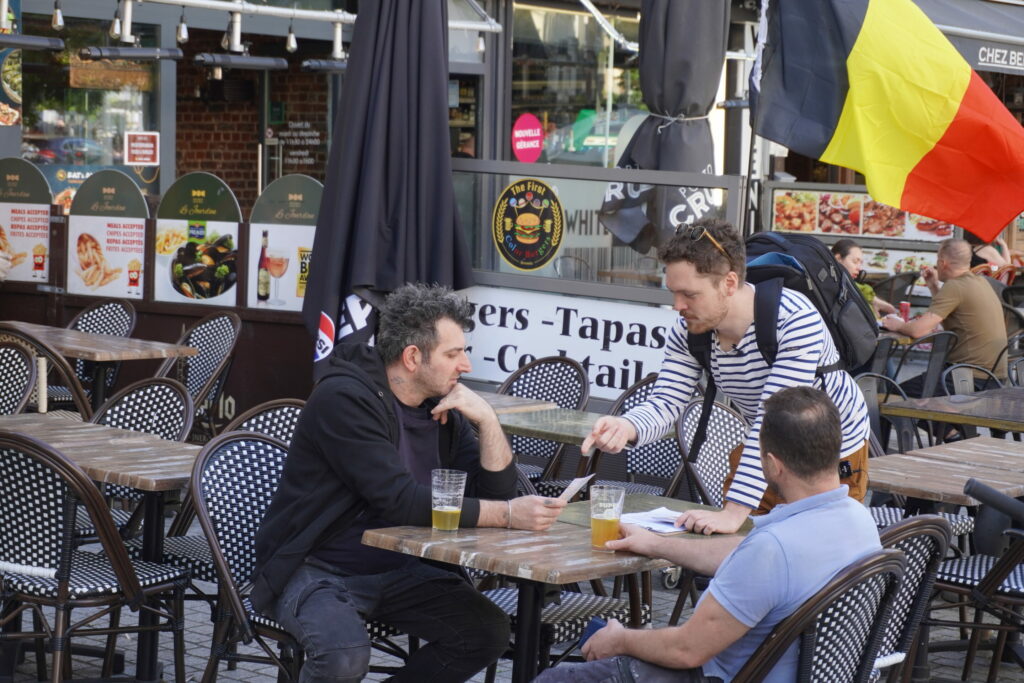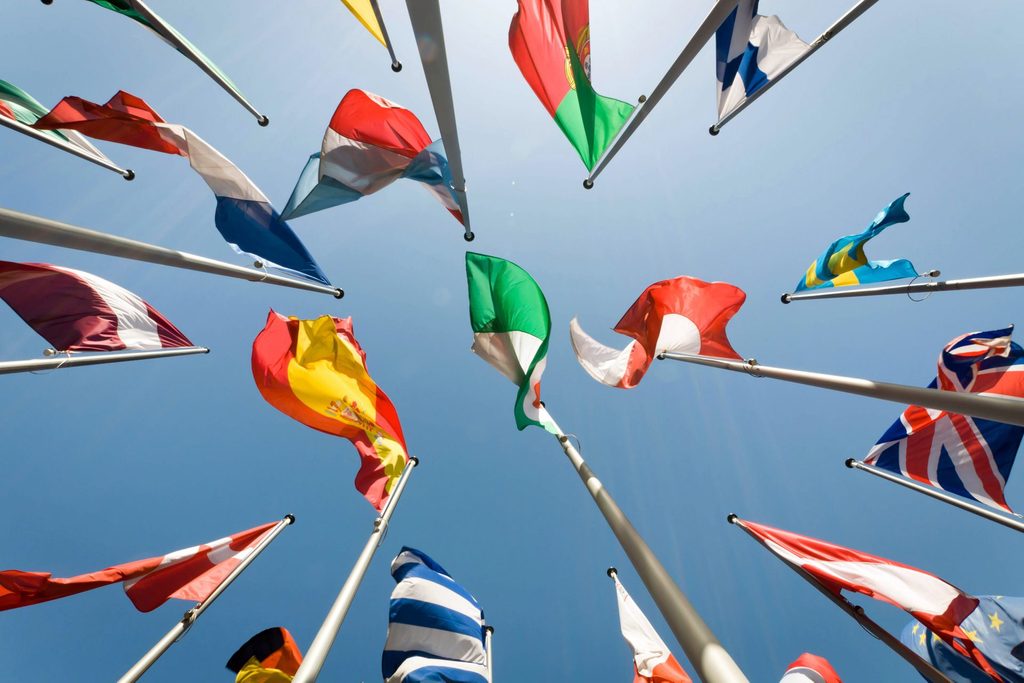Almost one in six (16.2%) internationals living in the Brussels-Capital Region have registered to vote in the municipal elections on 13 October – a figure that could have been much higher if the local authorities had done their part, NGOs said.
For the first time, the total number of non-Belgians who registered to vote in the local elections in Brussels exceeds 50,000 (about 16% of the roughly 310,000 potential voters). This means that in October internationals will account for 7.7% of registered voters in the Capital Region, according to figures from the Home Affairs Ministry.
"These figures are a great success for the public outreach campaign, given that the overall registration rate was only 12% in May," Alain Hutchinson, Brussels Commissioner for Europe and International Organisations, told The Brussels Times.
In just a few months, thousands of international Brussels residents signed up to vote and more of them than ever will be casting their votes. In four municipalities (Saint-Gilles, Ixelles, Saint-Josse-ten-Noode and Etterbeek), more than one in ten internationals registered.
A challenge for local democracy
Still, Hutchinson highlighted that the overall registration rate fell slightly (from 17% to 16.2%), mainly caused by a significant drop in registrations by non-EU nationals (from 19.27% for the previous elections to just 13.25% now).
"With a growing and increasingly cosmopolitan population, the regional and municipal authorities need to draw the appropriate conclusions from these figures," he said. "The electoral participation of non-Belgians is a fundamental challenge for Brussels's local democracy. We need a clear framework, a long-term strategy and budgets that match our ambitions."
This sentiment is shared by the non-profit campaign group VoteBrussels, Thomas Huddleston told The Brussels Times. "We clearly see that the municipalities that partnered with civil society organisations, sent letters to all eligible non-Belgians and took responsibility are also the ones whose registration rates went up the most. Actions matter."
Unlike in 2018, the Brussels Region did not send a letter to potential international voters or a common regional brochure. "There was so much more potential. The regional budget of €150,000 is really only enough to reach about 1% of eligible non-Belgian voters with effective 'Get Out the Vote' methods."

One of the volunteers speaking with Brussels resident about registering to vote. Credit: Mirko Paradiso
This time around, local authorities did not receive proper guidance on how to send these letters to the 310,000 potential voters while complying with the GDPR under EU law. "Thankfully, several communes did their own homework. But the lack of regional guidance was especially felt in the areas where mayors did not make extra efforts to reach internationals."
The Restless Brussels civic engagement platform started its 'Get Out the Vote' campaigns in May, specifically targeting EU citizens working around the international institutions. "In our target audience, we saw the registration rate go up from 12% to 17%," founder Tom Moylan told The Brussels Times.
While he is "delighted" about the increase in international residents signing up to vote, Moylan stressed that there was much more potential – "particularly if there had been more engagement from the regional and local governments as well."
Majority remains unrepresented
The lack of a framework for proactive engagement made it especially difficult to reach potential working-class voters – both EU and non-EU – in some neighbourhoods, VoteBrussels' Huddleston said. "The registration rates in working-class under-resourced municipalities, such as Anderlecht and Molenbeek, have not improved much. And the rate among non-EU citizens across the Capital Region has even decreased."
On top of that, Belgium's "disproportionally early registration deadline" (90 days before the elections) was an additional hurdle. The local elections aren't until 13 October but the last day to register was 31 July. "In countries where people can register up to the week before, around 30%-40% of EU citizens go out to vote."
"Civil society can only do so much. Brussels' local democracy needs to be reformed," Huddleston argued. He cited Brussels' democratic deficit: about a third of Brussels residents are internationals but they make up just 7.7% of registered voters, meaning that the majority of the city's non-Belgian nationals will not vote or be represented in their municipal councils.
"This confirms that the next Brussels Parliament and Government need to adopt the resolution to reform the regional electoral code," Huddleston stressed. The reform would see EU citizens coming to Brussels automatically informed of their right to vote when they register as a resident. They would then receive regular reminders, among other engagement measures.
"We want the Belgian authorities to realise that they have a stake in the game: outreach to international voters would improve their democracy," Huddleston said. "This should not be put on the back burner."

